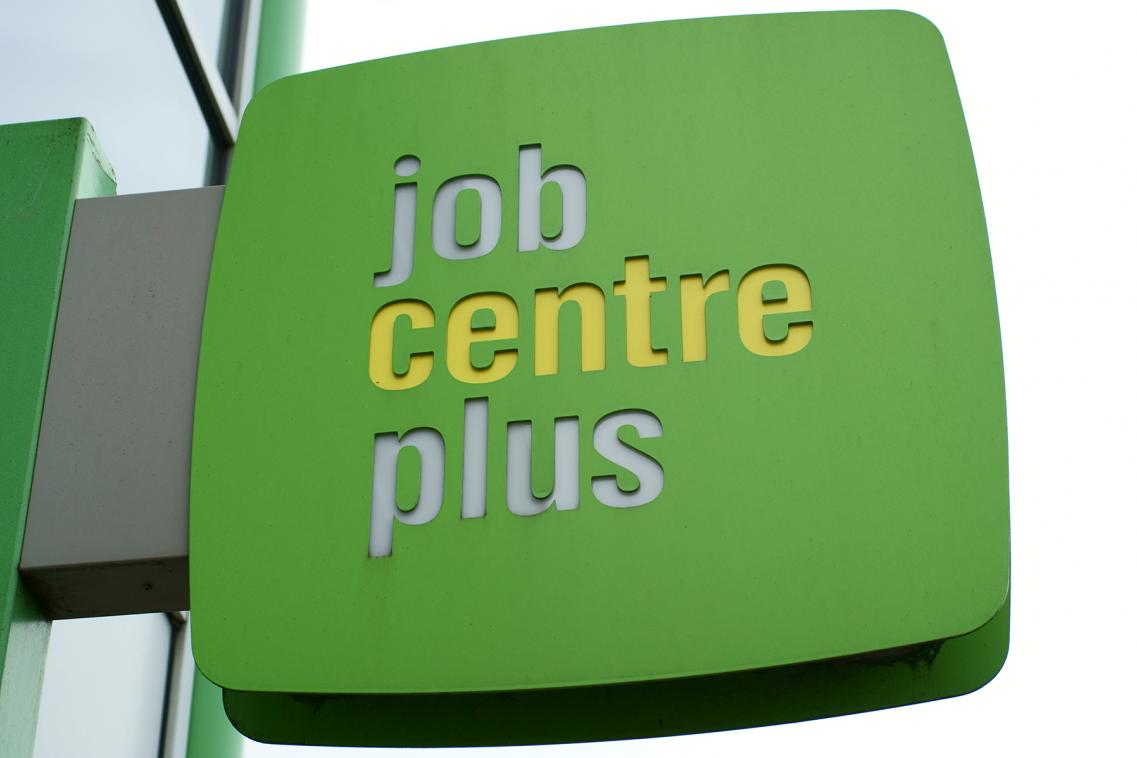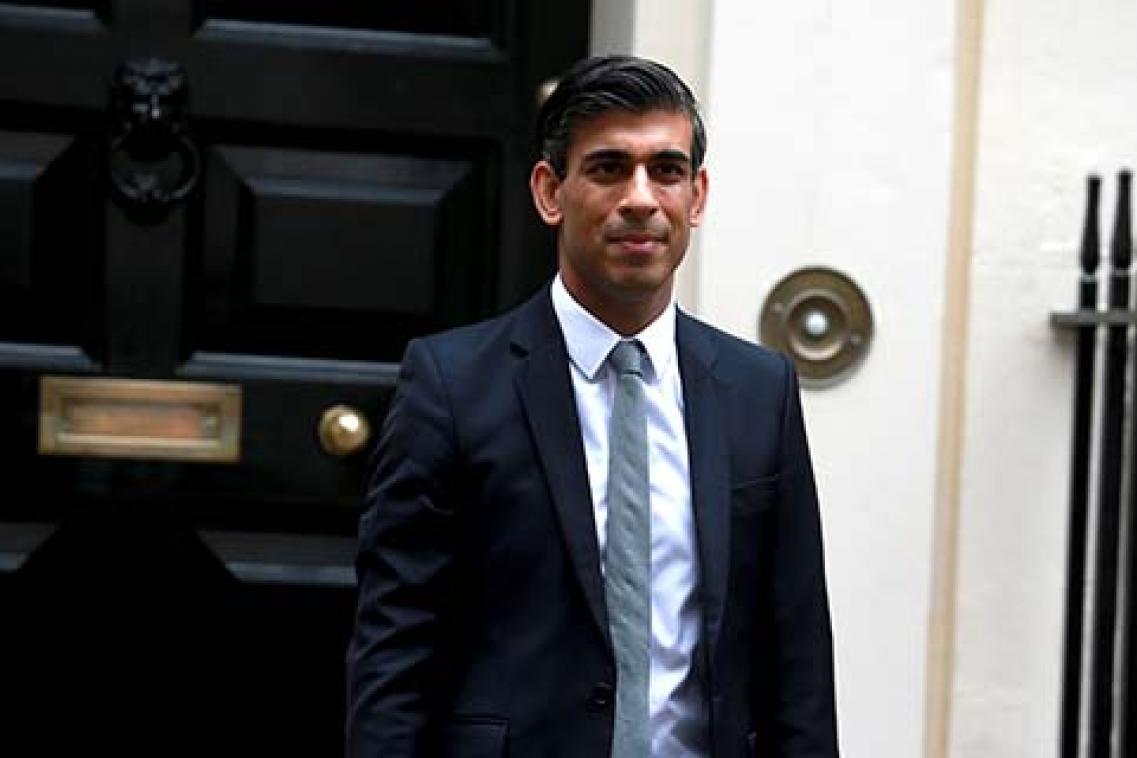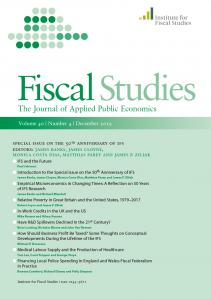Report
The Labour Party plans to increase income tax for individuals with annual taxable incomes over £80,000. Under the current system, income tax is payable on incomes above the personal allowance of £12,500 a year. The 40% higher rate becomes payable at £50,000, and the 45% additional rate kicks in at £150,000. Labour would introduce a new 45% income tax rate starting at £80,000 a year, and a new 50% rate starting at £125,000, from 2020–21.






































